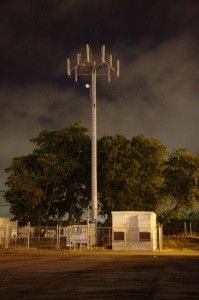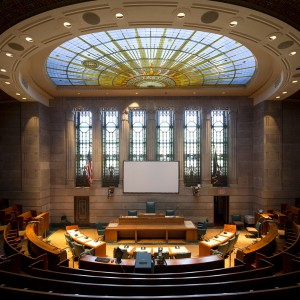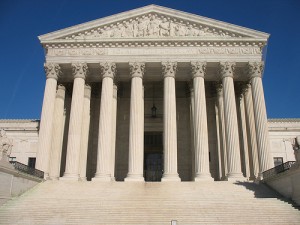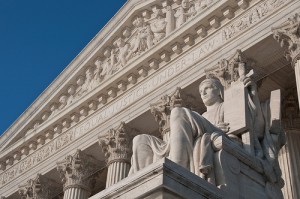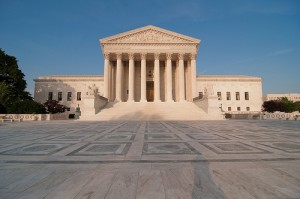Unqualified Win in Qualified Immunity Cases
Posted
30 May 2014 in Case Notes
On Tuesday the Supreme Court issued two unanimous opinions granting law enforcement officers qualified immunity.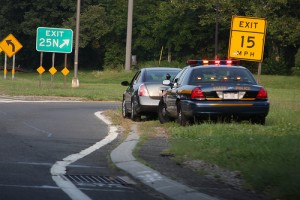 These ruling were unsurprising; the lower court errors in both cases were obvious.
In Plumhoff v. Rickard the Sixth Circuit did not so much as discuss the qualified immunity standard when denying qualified immunity. In Wood v. Moss the Ninth Circuit viewed the qualified immunity question at a high level of generality causing dissenting Judge O’Scannlain to (accurately) warn: “Our court's track record in deciding qualified immunity cases is far from exemplary, and with this decision, I am concerned that our storied losing streak will continue.”
But at least Plumhoff v. Rickard contained a surprise.
These ruling were unsurprising; the lower court errors in both cases were obvious.
In Plumhoff v. Rickard the Sixth Circuit did not so much as discuss the qualified immunity standard when denying qualified immunity. In Wood v. Moss the Ninth Circuit viewed the qualified immunity question at a high level of generality causing dissenting Judge O’Scannlain to (accurately) warn: “Our court's track record in deciding qualified immunity cases is far from exemplary, and with this decision, I am concerned that our storied losing streak will continue.”
But at least Plumhoff v. Rickard contained a surprise.





